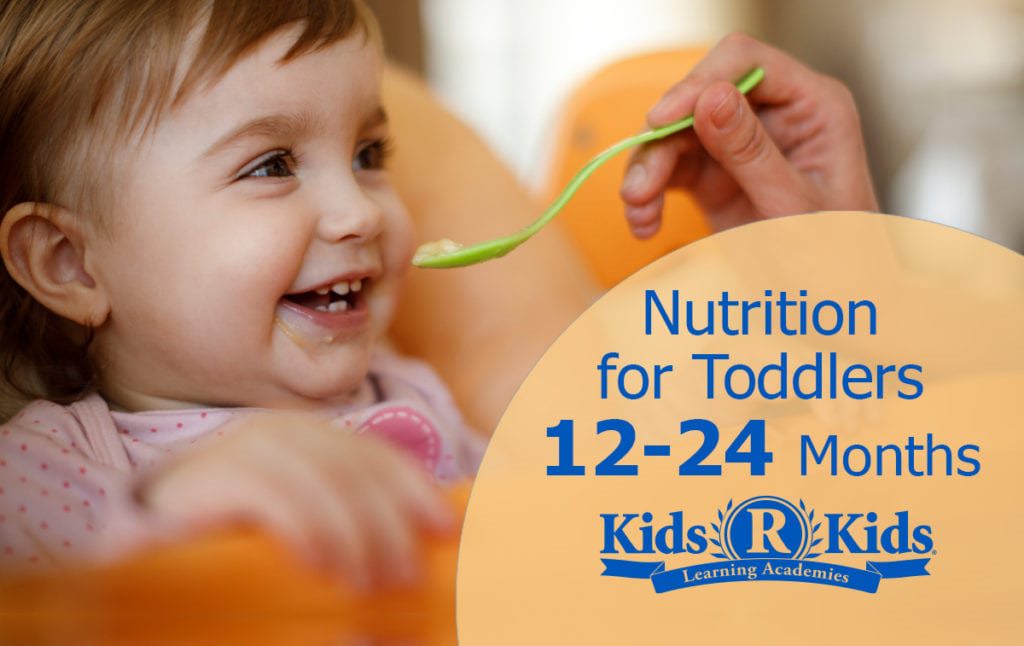As a mother and father, you have to encourage healthy eating habits right from the beginning. Do not substitute unhealthy options for food just because you want to fill your little one’s tummy. You will be setting a wrong precedent for the child.

Why do toddlers suddenly become picky at the 1 year mark?
Experts attribute this to a variety of reasons. The most important one being that the rate of growth at the 12th month milestone slows down. This means that your toddler is not growing at the same pace as when he/she was a baby. The weight gain as well as the height gain is at a much lower rate. For example, your baby may grow 2-3 inches in height every 3 months in the first year. However, in the entire second year, he/she may gain only 3-5 inches. This directly translates into the need to eat less.
The other reasons are toddlers are too restless to sit and eat the complete meal at one go. There’s so much to do, so much to explore, eating is just a waste of time for them. Also, by this time your toddler has begun to assert his/her independence and personality. They begin to realize that they can say no and their different actions will get different reactions from you.
How much nutrition does my 12-24-month toddler need?
On an average, your 12-24-month-old toddler needs about 1000-1400 calories per day, and should come from the following five main groups of foods:
- Dairy: 2 cups Includes: Milk, Yogurt, Cheese (serve only whole fat dairy. Dietary fats are important for early brain development and considered essential for weaned babies up through 2 years of age.)
- Vegetables: 1 cup Includes: All vegetables, vegetable juices and vegetable soups
- Fruits: 1 cup Includes: All fruits and fruit juices
Serve more whole fruits than juice. Also, juice should be 100% fruit juice and not have any added flavors, colors or sweeteners.
- Grains: 3 oz. Includes: Baby cereal (without added sugar), rice, wheat, oats, barley, bread, pasta, noodles, cold cereal such as cornflakes, etc. (include whole grain as much as possible.)
- Proteins: 2 oz. Includes: Eggs, all poultry (chicken, turkey), all meats, fish (boneless), tofu, lentils, legumes and beans (chick peas, kidney beans/rajma, black eyed beans)
What if my child is not getting the required nutrition?
First, don’t worry because worry is not going to solve any problem. Get a measuring cup and start measuring your toddler’s intake over a period of time. This is because nutrition is not about sums but about averages. Given this information, you and your doctor will be able to gauge if for your child’s height, weight, age and growth pattern, he/she is getting adequate nutrition or not.
(Please note that the daily required amount mentioned is indicative for a 2-year-old baby. Between 12 and 24 months, your baby is still in the transitioning phase, so if he/she is eating less or more, it should be okay as long as you are offering all food groups.)
Source: kidgoals.com author: Yuvika